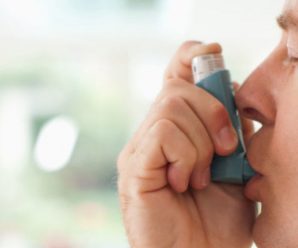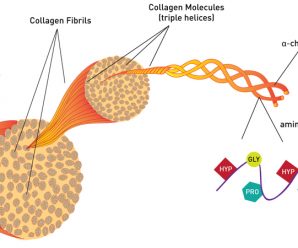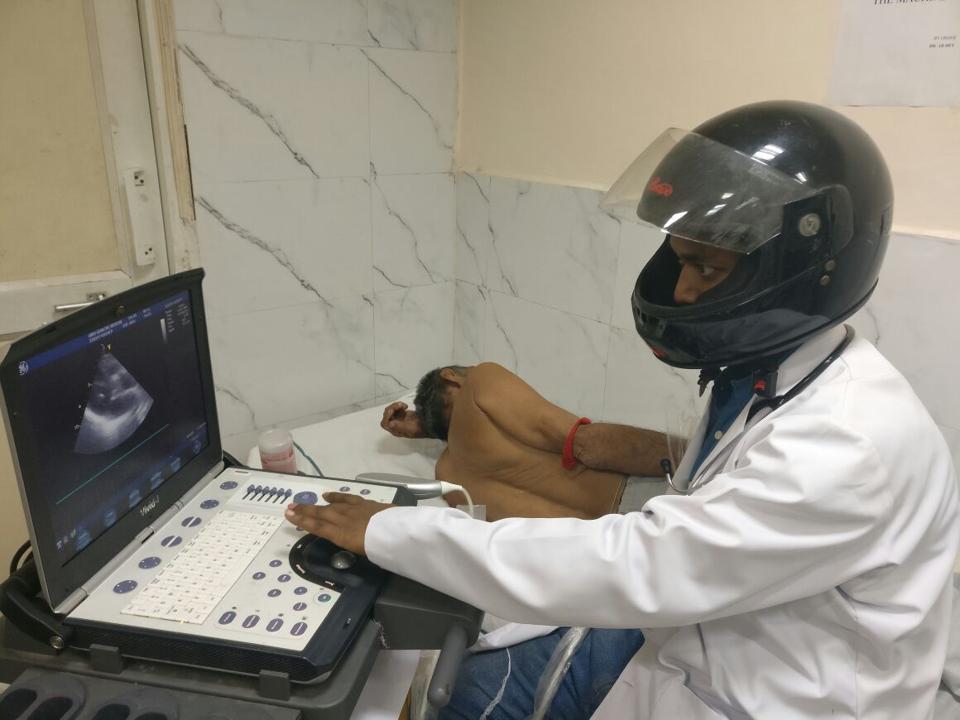Medical Tests Done During an Asthma Attack

Acute asthma attacks account for two million visits to emergency rooms in the United States every year, often presented as an asthma “exacerbation.” In such cases, patients manifest symptoms that range from coughing to difficulty breathing. In rare occasions, it can even lead to respiratory failure, especially when it’s not addressed right away.
Typically, adults with a history of asthma often seek Acute Medical Care when their usual home medications fail to control their asthma attacks. There are certain tests that a patient must undergo during an asthma attack to further assess his or her condition.
Pulse oximetry
Pulse oximetry is a medical test that measures how much oxygen there is in the blood. The pulse oximeter is the device used to measure the “oxygen saturation” or the SpO2, which should be at 95% or higher at sea level. It looks like a small clip with an SpO2 sensor that is placed on the finger, toe, or earlobe.
In most cases, pulse oximetry is used in infants and children during an asthma attack. Unlike lung function tests, the SpO2 will indicate the severity of their asthma attack, helping the physician to assess whether or not the child needs to be admitted. In adults, pulse oximetry is used in those who are under severe distress and cannot do a lung function test.
Lung function tests
Lung function tests are usually done during asthma attacks to assess lung function. Commonly, these tests include spirometry and methacholine challenge tests. A simple breathing test, spirometry measures how much air you can blow out of your lungs and how fast you are able to do so. Its purpose is to determine the extent of airway obstruction the patient might have. Meanwhile, the methacholine challenge test may be recommended if the spirometry or symptoms do not clearly lead to the diagnosis of asthma.
Arterial blood gas
Laboratory testing such as blood gases may be used to rule out conditions that may have caused symptoms of asthma, as well as to identify allergies or complications. Particularly, an arterial blood gas is performed by collecting an arterial blood sample to evaluate the oxygen and carbon dioxide levels in the blood, as well as the blood pH. This test may be ordered right away while the person is having an asthma attack.
Electrocardiogram
On some occasions, an electrocardiogram is requested in the event of an asthma attack for patients who are 50 years old and above, as well as for people who have a history of asthma, heart disease, or chronic obstructive pulmonary disease. During an asthma exacerbation, the ECG results often indicate sinus tachycardia or a probable right ventricular strain. Meanwhile, ECG sensors often help evaluate other potential causes for the patient’s wheezing or difficulty in breathing, especially in patients with a history of congestive heart failure (CHF) or patients exhibiting chest pain.
Chest X-ray
Technically, the chest X-ray is not a diagnostic test for asthma, yet it may be performed to rule out other conditions associated with the patient’s asthma symptoms. X-ray findings in people undergoing an asthma attack often include hyperinflation of the lungs, with the diaphragm flattened, indicating significant air trapping. Usually, a chest X-ray is recommended when the cause of the patient’s asthma-like symptoms are uncertain. This exam is also particularly essential in patients suffering from other conditions, such as chronic heart failure, fevers, or an immunocompromised condition with associated chest pain.
Asthma tests are important to determine the severity of the asthma presentation as well as the therapy and intervention needed to address the condition. Before anything else, make sure to seek quality medical care in a reputable, competent healthcare facility that can carry out diagnostics and treatment reliably.






